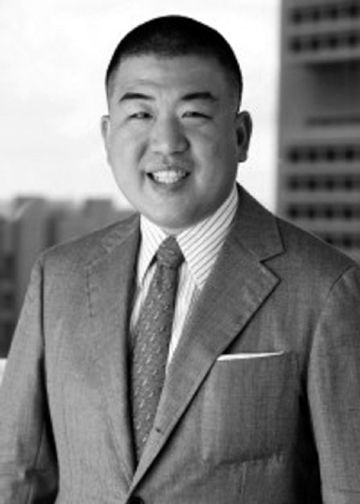
Former Senate president Edgardo Angara’s life was not only celebrated by presidents and senators of every political leaning.
It was even more touching to see a diversity of students and former staffers voice admiration on social media.
His casket was proudly placed under that immortal quote in the UP College of Law foyer, and Philippine Law Journal editors posted citations to his 1950s articles.
Beginning my career in the old Accralaw building in Makati in 2006, I squatted in his old secretary’s cubicle while waiting for an office.
I never anticipated that Angara himself would one day pass by and give me a pop quiz at 8:30 a.m.
Angara never let on if he noticed that I had my shoes off and had been stretching my legs before the day began.
Or that I considered his unused Accra office the most secure location in the building for calling girls at night, in the days before unli-calls.
Months later, out of the blue, Angara asked me to sit in while a visiting Harvard Business School (HBS) professor interviewed him.
In seeming coincidence, he had borrowed an Accra conference room.
After the professor left, he smiled and said he did not need my notes. Rather, he heard I was leaving for Harvard Law School. He told me to invite the professor to lunch when I landed, as I now had one friend waiting.
That simple episode conveyed priceless life lessons from Angara.
First, despite his intellect, he emphasized the need to build goodwill and networks, and not just within the Philippines.
Taking his advice, I had lunch in the posh HBS faculty dining room. I then had lunch with a study in contrasts: a Palestinian then an Israeli; a Bhutanese princess then an Afghan refugee; a blue blood who wanted to enter politics, then a son of Mexican immigrants.
Angara implicitly shared how he built organizations such as the Asean Law Association and longstanding friendships that spanned the globe.
Second, despite his stature, he made time for young people and their perspective.
He mastered nudging headstrong youths instead of imposing his brilliance.
After Harvard, literally the night before I flew to London to begin an international career, I met him to receive a signed copy of his biography to read on the plane.
I was surprised to interrupt his private dinner with Sen. Juan Ponce Enrile, but he said he wanted to see me off.
Spontaneous Facebook tributes revealed my experience was hardly unique.
Such was the man respected by University of the Philippines activists during martial law and the mentor to today’s generation of politicians.